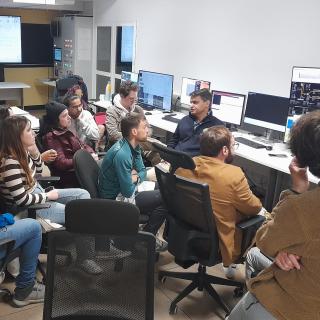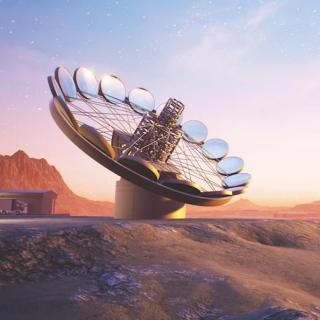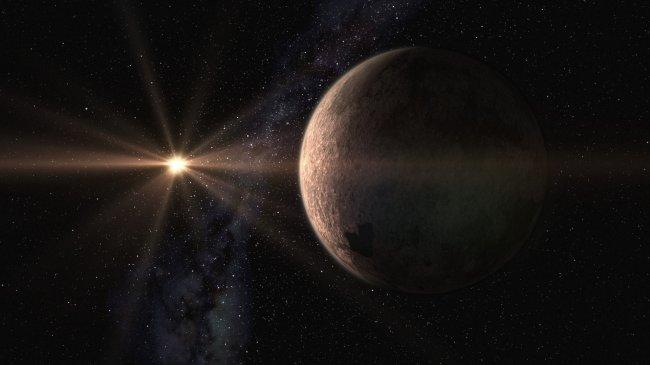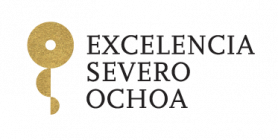It may interest you
-
 The EU-funded EDUCADO project (Exploring the Deep Universe by Computational Analysis of Data from Observations) at the Instituto de Astrofísica de Canarias (IAC) is organising a two-night astronomical observation school providing hands-on research training for early-stage researchers in astronomy and computer science. The program will convene 15 doctoral candidates from across Europe for an immersive, interdisciplinary learning experience. Attendees will engage in night time astronomical observations utilizing state-of-the-art telescopic instrumentation, guided data analysis workshops, andAdvertised on
The EU-funded EDUCADO project (Exploring the Deep Universe by Computational Analysis of Data from Observations) at the Instituto de Astrofísica de Canarias (IAC) is organising a two-night astronomical observation school providing hands-on research training for early-stage researchers in astronomy and computer science. The program will convene 15 doctoral candidates from across Europe for an immersive, interdisciplinary learning experience. Attendees will engage in night time astronomical observations utilizing state-of-the-art telescopic instrumentation, guided data analysis workshops, andAdvertised on -
 The Instituto de Astrofísica de Canarias (IAC) has opened the application period for the XXXVI Canary Islands Winter School of Astrophysics , which will be held from 17 to 22 November 2025. This edition is carried out in the framework of the CELESTE (Centre for Optical and Space Technologies of the IAC) programme funded by the European Union and will focus on key optical technologies for astronomy, a field that is driving 21st century discoveries about the universe. Applications will be accepted until Friday, 13 June. The IAC’s Winter School is renowned for its educational approach andAdvertised on
The Instituto de Astrofísica de Canarias (IAC) has opened the application period for the XXXVI Canary Islands Winter School of Astrophysics , which will be held from 17 to 22 November 2025. This edition is carried out in the framework of the CELESTE (Centre for Optical and Space Technologies of the IAC) programme funded by the European Union and will focus on key optical technologies for astronomy, a field that is driving 21st century discoveries about the universe. Applications will be accepted until Friday, 13 June. The IAC’s Winter School is renowned for its educational approach andAdvertised on -
 El Instituto de Astrofísica de Canarias (IAC) se suma a la conmemoración del Día Internacional de las Mujeres y las Niñas en la Ciencia con un amplio programa de actividades orientadas a visibilizar el papel de las mujeres en la astronomía y fomentar el interés por la ciencia y la tecnología entre las nuevas generaciones. Entre las acciones más destacadas se encuentra la Editatona 11F, organizada junto a Wikimedia España. La iniciativa se articula en dos jornadas complementarias: un wikitaller práctico de introducción a la edición en Wikipedia, en el que las personas participantes aprendenAdvertised on
El Instituto de Astrofísica de Canarias (IAC) se suma a la conmemoración del Día Internacional de las Mujeres y las Niñas en la Ciencia con un amplio programa de actividades orientadas a visibilizar el papel de las mujeres en la astronomía y fomentar el interés por la ciencia y la tecnología entre las nuevas generaciones. Entre las acciones más destacadas se encuentra la Editatona 11F, organizada junto a Wikimedia España. La iniciativa se articula en dos jornadas complementarias: un wikitaller práctico de introducción a la edición en Wikipedia, en el que las personas participantes aprendenAdvertised on

